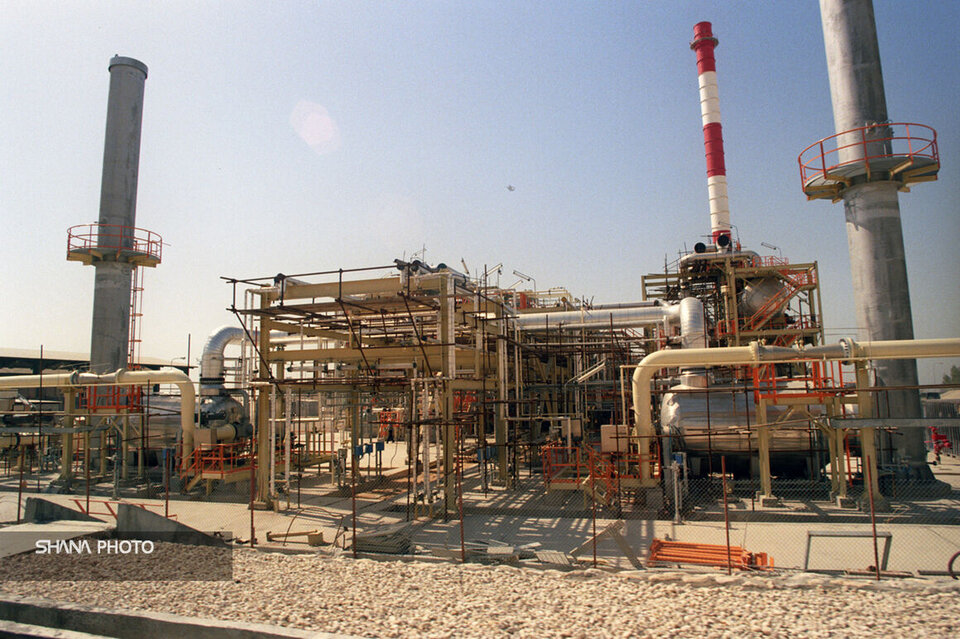Mohammadreza Joulaei discussed operational measures in gas refining to address energy shortfalls during the cold season. "This year, we began major overhauls at South Pars gas refineries in early April, unlike previous years when work started in late May," he said. "With support from the oil minister, we were able to start ahead of schedule."
Early overhauls will allow the work to be completed sooner, he added. "Last year, overhauls continued until late November, straining the national gas network. But this year, with better planning, we will avoid such pressure."
Significant reduction in overhaul time
Joulaei noted a substantial reduction in overhaul duration this year. "Starting early and shortening the timeline will help optimize storage, particularly for power plants, ensuring efficient gas use in winter."
With 70-75% of Iran’s energy mix dependent on gas, the Oil Ministry faces heavy pressure to meet both household and industrial demand during peak winter months.
Reforming the supply chain
Joulaei said the company is overhauling procurement processes for equipment and chemicals, particularly for first-time procurements, in collaboration with the Vice Presidency for Science and Technology. "We hold regular monthly meetings to ensure progress."
Preventing unplanned shutdowns
These measures aim to prevent unplanned production stoppages, ensure equipment availability and secure high-level government support. "These reforms will significantly enhance stable and continuous refining output," he said.
Boosting efficiency, preventive maintenance
Joulaei acknowledged that delayed preventive maintenance had previously reduced production stability. "We are reviving the preventive maintenance (PM) system, which we resumed even during peak production last winter."
He also highlighted strong coordination with upstream sectors, including Pars Oil and Gas Company, to ensure steady refinery feedstock supply. "We manage feedstock so that if one refinery faces issues, production isn’t halted—instead, we quickly reroute supply to other refineries, particularly in South Pars and Fajr Jam. This prevents disruptions from shared field supply drops and maintains network reliability."


Your Comment